150,000 in US at risk of dying from suicide or overdose due to coronavirus pandemic: Study
As many as 150,000 Americans could die from alcohol, drug overdose and suicide as a result of the coronavirus pandemic, worsening the growing epidemic of “deaths of despair” in the country, according to a new analysis.
The study, released Friday by the Well Being Trust and the American Academy of Family Physicians, warns that the anxiety over the growing unemployment crisis, economic downturns and isolation could significantly increase so-called "deaths of despair."
Death estimates ranged from 27,644 if the economy recovers quickly, to 154,037 if recovery is slow.
"Deaths of despair are tied to multiple factors, like unemployment, fear and dread, and isolation," said Benjamin Miller, the chief strategy officer for Well Being Trust that authored the study.
"Prior to the COVID-19 pandemic, there were already an unprecedented number of deaths of despair (almost 182,000 in 2018). We wanted to estimate how this pandemic would change that number moving forward," Miller said.
Alcohol sales have spiked since stay-at-home orders were imposed. Reports show more people seeking treatment for alcohol problems in regions where coronavirus has hit the hardest.
"We see very troubling signs across the nation," said Dr. Elinore McCance-Katz, assistant secretary at Department of Health and Human Services and head of the Substance Abuse and Mental Health Administration. "There's more substance abuse, more overdoses, more domestic violence and neglect and abuse of children."
The new report urges a robust approach from local, state and federal officials and agencies to ensure those who lose their jobs because of the pandemic can find work.
"Unemployment during the Great Recession was associated with an increase in suicide deaths and drug overdose deaths," according to the study.
As of Friday, there were nearly 1,272,000 confirmed cases of COVID-19 in the US, and over 76,000 deaths, of which nearly 26,144 were in New York state, the epicenter of the pandemic in the US.
Approximately 134,000 people in the US could die from COVID-19, more than double an estimate five weeks ago of 72,000, according to the Institute for Health Metrics and Evaluation at the University of Washington’s School of Medicine.
The coronavirus pandemic triggered the steepest monthly loss of US jobs since the Great Depression, government data showed on Friday.
"There's a level of powerlessness with the economy, retirement funds, unemployment and trying to get unemployment checks," said Doug Tieman, CEO of Caron Treatment Centers in Pennsylvania. "All of them are anxiety-causing, and people feel lousy and then don’t see a light at the end of the tunnel."
On Friday, President Donald Trump claimed that "jobs will all be back, and they'll all be back very soon." But analysts say it could take as much as a decade for the US economy to fully recover.
VIDEO | Press TV's news headlines
VIDEO | Iran will not 'capitulate' since it has military surprises for US
China overtakes US as Germany’s top trading partner
VIDEO | Displaced Gazans struggle to find clean water amid Ramadan
VIDEO | Pakistan strikes militant camps along Afghan border after suicide bombings
Iran FM: Chance still exists for win-win solution to nuclear issue
Denmark rejects Trump's plan to send US hospital ship to Greenland
US Secret Service kills man trying to enter Trump’s Mar-a-Lago estate


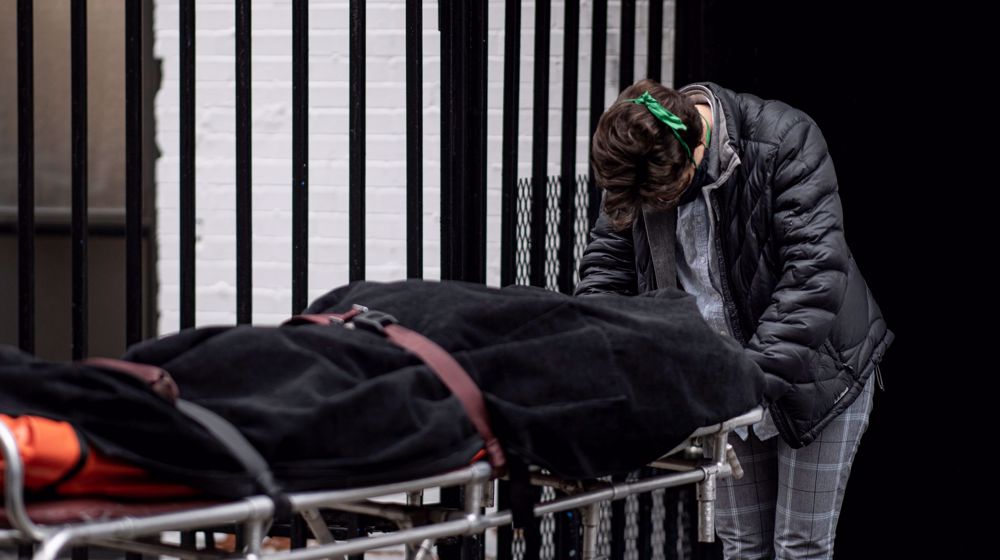






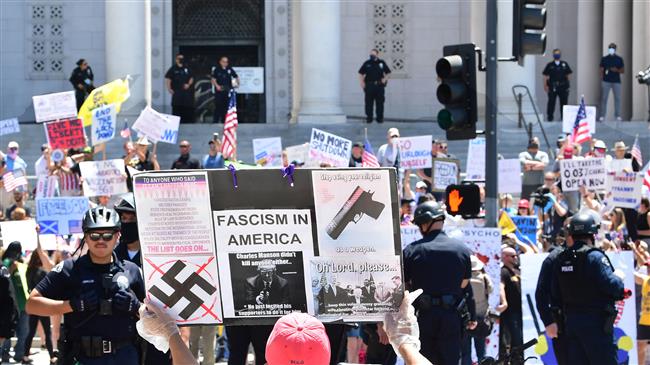
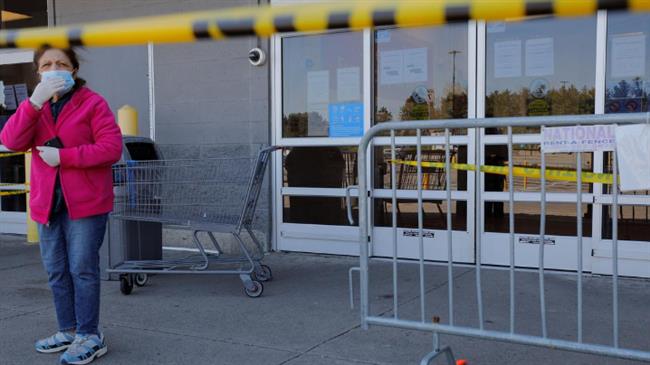
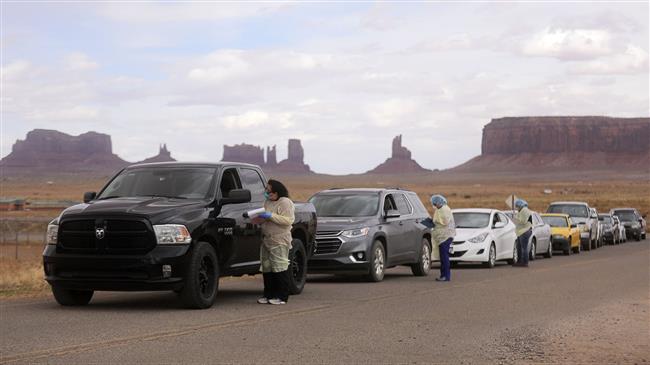
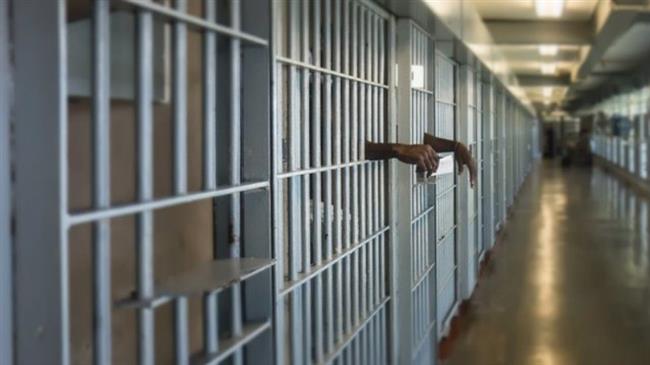
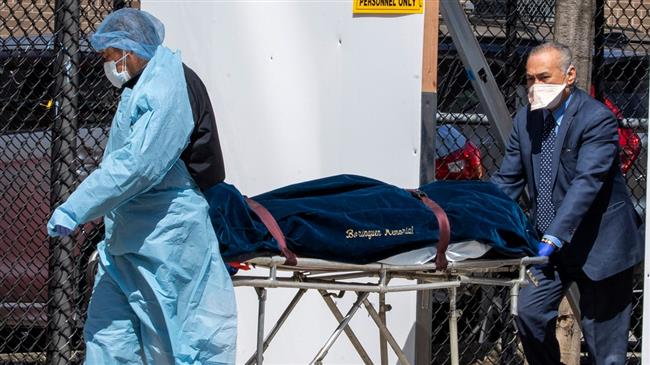

 This makes it easy to access the Press TV website
This makes it easy to access the Press TV website